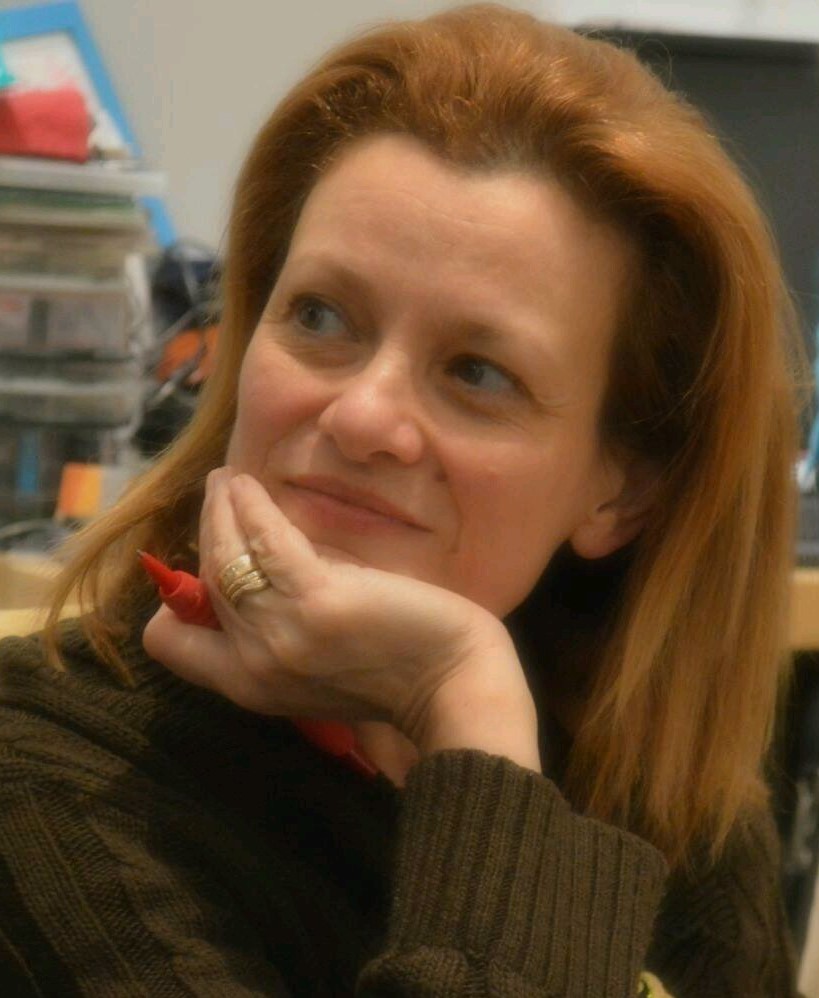
March 15th, 2016
Dr. Alexandra Karanika talks to us on the gender imbalance within the aviation and aerospace professions.
Q1: It is difficult to believe that in the 21st century, with so much emphasis on gender equality in the workplace, women are still appreciably under-represented in the aviation and aerospace sectors. Why do you think there is such a gender gap? What kinds of challenges or barriers exist?
Even in the 21st century, old cliche and stereotypes are alive: "cars and airplanes are for boys, not for girls."
In Greece, very few women are willing to study aeronautics or follow relevant engineering studies. Consequently, very few women are working in the aeronautical industry. So, the under-representativeness of women is not only due to potential discrimination but due to the low interest of women themselves for the aviation and aerospace sectors.
Q2: What do you think could be done to address this gender imbalance? Are you optimistic that the so-called "glass ceiling", i.e. the invisible fences blocking women from entering and advancing up within the aviation industry, will eventually be tackled?
Even in our days, the majority of young girls grow up with "girly" role models. For instance, the toy industry is extremely discriminating. Parents do not agree -in general- with this exaggeration but as consumers they do not react as much as necessary in order to change this situation. Also, the activities of children selected by their own parents nourish this imbalance e.g. ballet for girls, karate or flight simulation games for boys etc.
As a consequence, all the girls are very well informed about various personalities of Cinderella, Barbie and other imaginary women role models but ignore real historical persons like Hypatia or Amelia Earhart. I believe that if young women were exposed to successful role models in the aerospace industry, then more young girls would believe non-traditional roles are achievable for them too.
Q3: Throughout your career, have you experienced any discrimination because of your gender or been treated differentially in the work place in comparison to men? Do you think it was harder for you to succeed in this industry because you are a woman?
I didn't experience extreme incident of discrimination. On the other hand, I feel that in some cases I have been treated differentially in comparison to men. For example, in some cases, my opinions seems to be initially ignored, then in a later stage, adopted by men colleagues but presented as their own, probably assuming that as a woman I should be more patient, less competitive or incompetent to further support my own ideas.
Q4: Part of the "gender gap" problem is down to the lack of visible role models. In an effort to inform, motivate and intrigue young girls to consider the aviation sector as an attractive and fascinating work option, can you share with us what has been the most memorable working experience or person you met, during the course of your career?
I had the chance to meet a very inspiratory woman manager, which was passionate with her almost extremely ambitious visions. �This lady was one of my former directors. She was really hard worker but also a person who believed on other people capabilities and encouraged young people and especially young women, to follow their dreams.
Q5: Have you always wanted to follow a career in the Aviation sector? Was this a childhood dream of yours and what has been your greatest motivation for choosing this profession?
I didn't have clear childhood dreams about my future career. Of course, I was always a fan of airplanes. I liked to observe them, I was attracted by their power and capacity to fly -actually, flying was a childhood dream- to get you away. In general, I followed steps driven by my love for mathematics which dealt with more as a game rather than a future career path.
Q6: Having succeeded in this "male dominated" sector, what would you like to say to the young girls considering to follow a career in Aeronautics? Do you have any words of advice?
Aeronautics is a scientific sector leading the State-of-the-Art technologies. The majority of engineering and materials innovations are held for aerospace industry. Also, the majority of new environmentally friendly technologies are developed in order to meet the ambitious targets of aeronautical research for the environment and the Health. So, the involvement in aeronautics Research and Development is a continuous challenge, a job that you can never get bored.